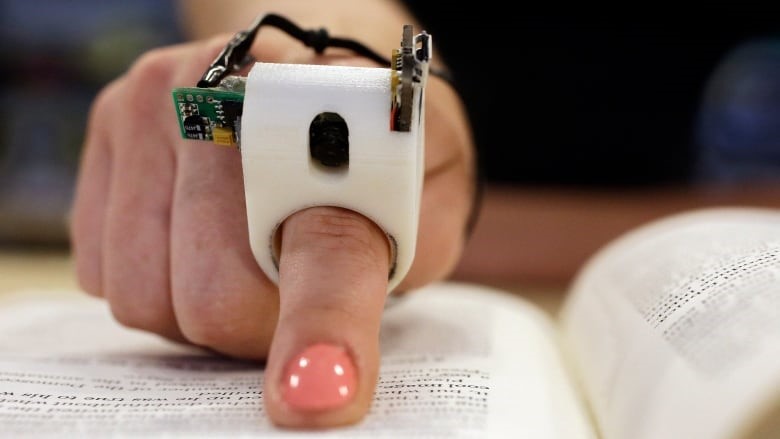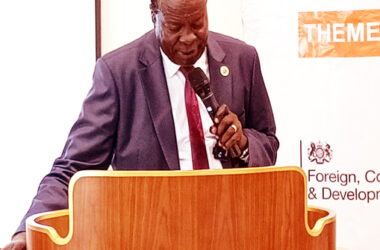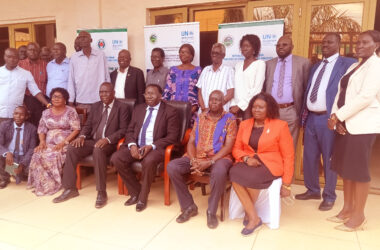By William Madouk
Persons with Visual Impairment are advocating to the government to ratify the Marrakesh Treaty, which improves access to published works for the blind.
According to the World Blind Union, ratification of the treaty is an effort to ensure enough reading material is accessible to blind and visually impaired persons in the communities.
No.1 Citizen Newspaper, conducted an exclusive interview with Mr. Mawut Louis Alier, chairperson of the South Sudan Association of Visually Impaired. He said that after the parliament passed the UN convention on the rights of persons with disabilities, there is now a need to ratify the Marrakesh Treaty and Disable Act to safeguard PWDS rights.
“We are promoting the ratification of the Marrakesh treaty which is actually an important treaty that ensures the right of the person with visual impairment to access literacy and artist work,” said Alier.
“White cane is not the only device that is used by people with visual impairment but there is also significant progress in terms of access to technology for people who are visually impaired,” he added.
South Sudan joined the world to celebrate ‘International White Cane Day’ to honour those who introduced the ‘cane’ device as well as to promote the rights of visually impaired persons.
Mr. Alier stated that the association will be passing out 30 participants who were trained on mobility and orientation of the use of a White cane to help them navigate their ways.
“The Day serve as a reminder for promoting rights of people who are visually impaired in the Republic of South Sudan in terms of ensuring their participation in all aspects of life,” he said.
A visually impaired person taps his white cane back and forth on the pavement, making sure to avoid the potholes, loose electrical wires and debris that fill the street and sidewalks.
Alier explained that without a white cane, visually impaired persons could step on objects, potholes, or hit the wall which might lead to serious deadly injuries.
He urged the stakeholders to manufacture white cane within the country, adding that “manufacturing the device within South Sudan makes it easily accessible and at the same time affordable.”
He lamented that people who are blind often face attitudinal, environmental and communicational barriers that hinder their participation in society, thus raising awareness is vital.
Besides, he called for the budget allocation to address challenges facing – asserting that without funds “the commitment that has been made toward promoting rights of PWDs would remain an ink in the papers.”
Alier urged the government to establish disability council an institution that would oversee programs and challenges related to the persons living with disabilities across the country.
In her part, Rebecca Athum, the chair lady for the women’s group and member of the visually impaired association explained that participants are trained in searching techniques and characteristics for clues (using ears to know if it’s the nose of a car).
“We trained visually impaired persons so that they can use white cane in a better place, it will help them move on with their lives,” she said.
“The community and even to remove negative attitude when they see someone in cane is not that someone is begging but the person wants to move independently in the community without any problem,” she added.
The Action for Community Education and Development (ACEDO) said visually impaired individuals meet several obstacles in their daily lives due lack of proper infrastructure and lack of access to education.
“Ensure that public spaces, transportation systems, and buildings are accessible to individuals with visual impairments,” partly reads the statement.
ACEDO urged the government to implement policies and regulations that promote accessibility and inclusivity.
“Provide equal access to quality education for visually impaired individuals. Invest in resources such as braille materials, assistive technologies, and specialized training for teachers to support their educational needs,” it added.
They called for an inclusive employment opportunity for visually impaired individuals.
The International White Cane Day was organized by the South Sudan Association of Visually Impaired together with the Organization for Volunteers’ International Cooperation, Usratuna and funded by CBM.




